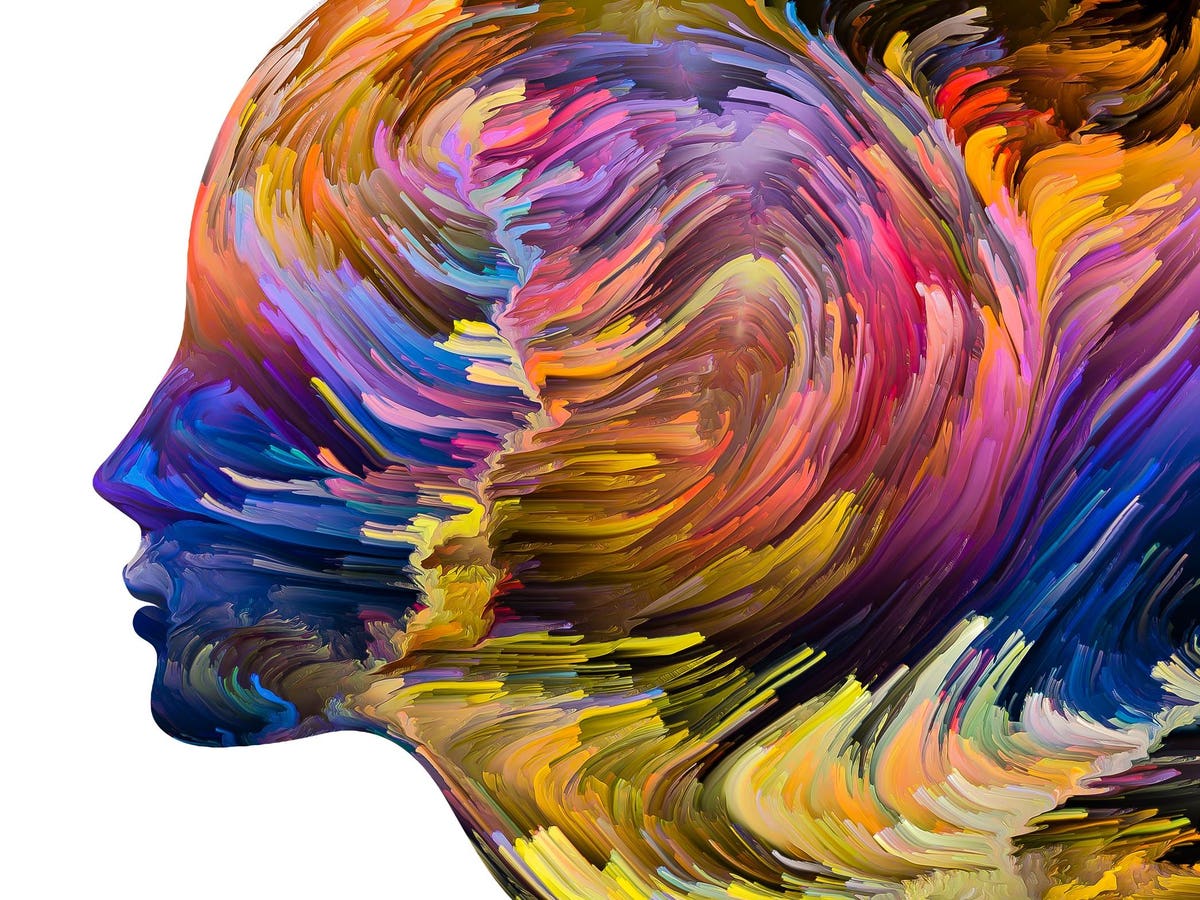Some other people are better able to translate deep mental insecurities into ordinary accomplishments.
Modern humans live under significant social pressures to inhibit their anxieties.
Organizations are purposefully peddling a cult of happiness, replacing negative feedback with strengths-based training and happiness directors. Managers rent for their emotional intelligence, courage, and resilience (which, no doubt, workers face with bad managers). – The columns are faithful to calming people’s doubts, imposter syndrome, and insecurity.
As if all this were not enough, there is also a booming pharmaceutical market that can suppress anxiety, neuroticism, and completely annihilate negative emotions. Throughout the industrialized world, the pursuit of happiness has become a biochemical pursuit. The U. S. accounts for about 40% of the global pharmaceutical market, with only 5% of the world’s population.
Unfortunately, repressing our negative emotions is neither favorable nor feasible. Our ability to feel anxiety, fear, and doubt evolved as a basic adaptation to the world, functioning as a threat detection mechanism that allows us to monitor our functionality and adjust our behaviors to suit our own needs. expectations and those of others. For example, if you’re worried about performing poorly in a job interview or consumer presentation, you’ll be more motivated to prepare, rehearse, and practice. In fact, this is preferable to delusional optimism, which turns out to be far less unusual than realism.
In addition, about 30% of the world’s population can be expected to have an above-average to high neuroticism score, so they have an inherent (and biologically determined) tendency to worry more, to make pessimistic and negative interpretations of events, and to be self-inspired. Unless they can update their personality, we shouldn’t expect them to become cheerful or optimistic. Moreover, one would expect a just, diverse, and inclusive society to conform to them as they are, rather than condemn or isolate them. They don’t fit into an idealized cultural archetype (which, by the way, has no intellectual significance).
Interestingly, the cult of anti-neuroticism is justified in terms of productivity: avoid worrying, being negative, or feeling anxious and your productivity will increase. In the same vein, decades of clinical studies show that there is sometimes a negative relationship between neuroticism and career. success. For example, you’re more likely to be promoted to managerial or leadership positions if you’re not neurotic. Similarly, your neuroticism may depend on how employable you are through others and how accurately your educational and educational functionality is assessed: the decline the more you are, the more favorably you will be regarded.
However, there is rarely more than 9% overlap between neuroticism and any of the above outcomes, and most studies fail to read about the nonlinear effects (e. g. , not caring at all about one’s career is probably more negative than worrying a little). This would possibly explain why so many hiring and promotion decisions, which focus heavily on self-confidence and charisma, at the expense of competence, humility, and integrity, end in disaster. Imagine a world less obsessed with punishing those who are able to question themselves, perceive their own limitations, remain dissatisfied with their own accomplishments, and believe in a world with fewer charlatans and con artists in charge.
Cultural attempts to numb or extinguish neuroticism inadvertently inhibit creativity. As many clinical studies have shown, the production of original and useful concepts is particularly superior in people who overthink, which is predicted through superior neuroticism. You may not like to overthink or overthink, but maximum progress in the world depends on your ability to generate and test ideas. Unemploy other people, exceptional entrepreneurs. Pareto (distribution of power). Neurotic Americans must also turn their negative minds into fuel for their imaginative and artistic concepts, as if creativity itself were their means of self-medicating or taming their intellectual musings. Neurotic obsession leads to persistence, which culminates in artistic persistence. and artistic perfectionism.
Unsurprisingly, many of the exceptionally successful (and innovative) marketers, including Steve Jobs, Jeff Bezos, and Elon Musk, are known for their impulsiveness and volatility, hallmarks of neuroticism. If we elect and fund marketers founded on their top “emotional intelligence” (a more original way of describing low neuroticism scores), they would be much less likely to demonstrate a sense of urgency or a deep dissatisfaction with the prestige quo by adding classic employment. Self-made billionaires who were too grumpy, contrarian, anarchic, and intense with a boss, owe their neuroticism to the fact that they were judged unemployable through others, and even through themselves. We also deserve to be grateful.

